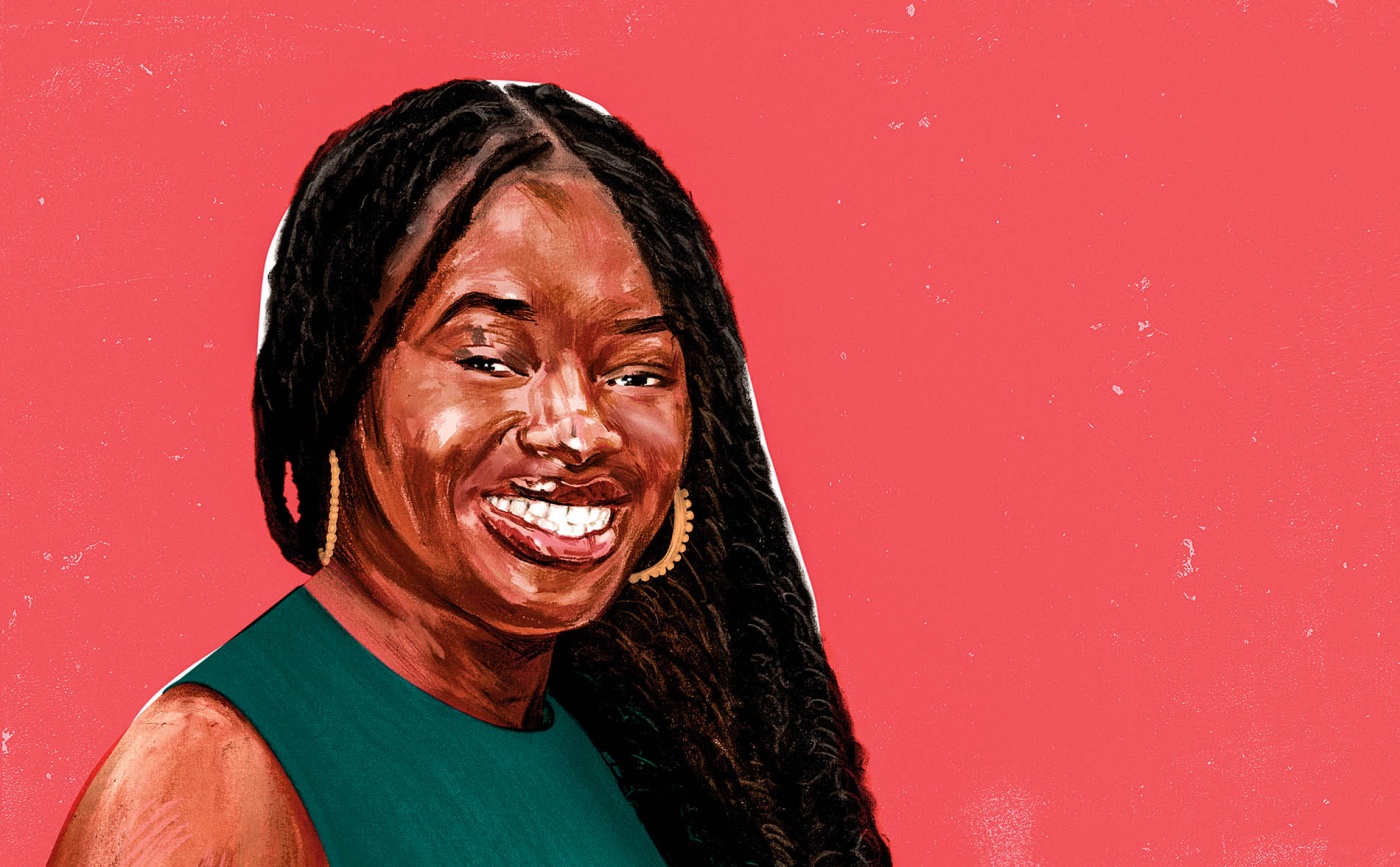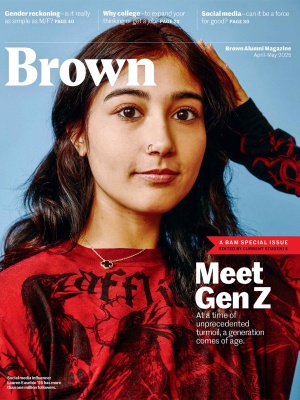Better Birth
Med student Bintou Diarra’s doula collective helps Providence mothers thrive
Bintou Diarra ’23, ’27 MD credits her passion for birth work to her West African heritage. In Mali and the Ivory Coast—the countries where her parents are from—birth attendants play a critical role in the labor process. This tradition, Diarra says, fosters a “framework of thriving rather than just surviving childbirth.”
In the U.S., this role is filled by a growing number of professionals called doulas. Like West African birth attendants, doulas are knowledgeable laypeople who support and advocate for the person giving birth, offering both the reassurance of an informed perspective on what’s happening and a bag of tricks aimed at making labor and delivery easier.

Diarra is a second-year medical student, but she’s been a doula since her undergraduate years at Brown. During a senior pre-med seminar, she bonded with fellow student Leona Hariharan ’23 over their shared vision of a more supportive birth experience. They signed up for doula training with the organization Mama Glow, and in med school, Hariharan founded one of the first doula collectives in the Ivy League. Diarra is now president.
Reproductive justice—the right to control your own sexuality and decisions about having children or not, and the right to a safe and healthy environment in which to raise them—is at the core of Diarra’s approach to medical care. Her organization advances reproductive justice in the Brown community through educational and awareness events, by supporting doula training, and by connecting doulas at Brown to new mothers in Providence for postpartum support.
“Very often people think of birth work and medicine as these countervailing forces,” Diarra says. “But I think there are so many opportunities for physicians and birth and community health workers to work together. Medical knowledge is incredibly powerful, but physicians don’t get to spend as much time with our patients.” The support and care doulas provide is not medical, but it is “longitudinal.”
And it is effective. Doula support has been shown to lower birth complications and significantly reduce cesarean sections and postpartum mood disorders. “Coupling this continuous support and non-medical interventions that enhance quality of life with the medical aspects of childbirth is not only entirely possible,” says Diarra, “but I think it is the way healthcare should be shaped.”
Diarra is considering primary care or obstetrics and gynecology and says that her doula training will “inevitably inform how I practice as a physician. I’m so open to—and appreciative of—different forms of knowledge and will think about the ways I can incorporate them into my practice.” She is also willing to listen to—and even invite in—other practitioners, “because we have a shared goal of ensuring that this patient thrives.”




